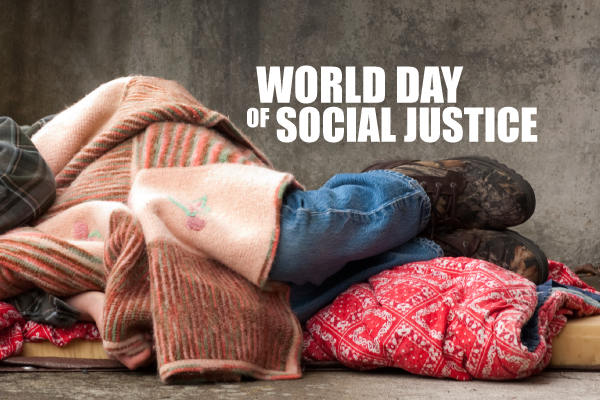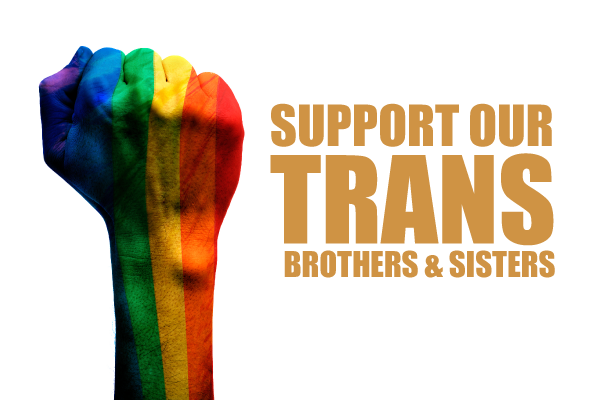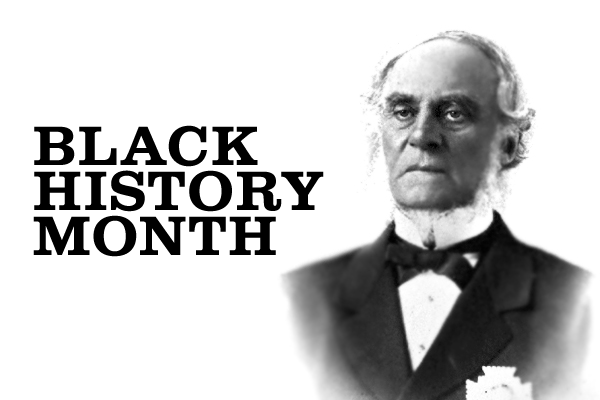We often say that the work performed by unions goes beyond improving the lives of its members and forges a greater impact on society as a whole. If you’re looking for concrete proof of this, you needn’t look further than the PSAC’s Social Justice Fund.
The 2003 national convention of the PSAC offered delegates an amazing opportunity to connect with labour leaders from South America. Two years later, in a speech to UTE convention delegates, PSAC president Nycole Turmel said it “marked a new era in international solidarity within the PSAC.”
“Our Social Justice Fund has started this process,” said Turmel. “I think that it has the potential to become a significant part of what our union stands for and does. But our Social Justice Fund also works in Canada and with our members who are involved in organizations promoting social justice at the international level.”
This still holds true today. About half of the fund is directed at programs within Canada. Its mandate is to support initiatives in five priority areas:
- Humanitarian assistance in Canada and around the world
- Anti-poverty initiatives in Canada
- International labour development
- Worker education in Canada and around the world
- Worker-to-worker exchanges
During her speech, Turmel said she was especially proud of the work the fund was doing to eliminate poverty in Canada.
“It’s a disgrace that in 2005, poverty is still very much a fact of life here in Canada – one of the richest countries in the world.”
Unfortunately, things haven’t gotten much better in the last ten years. The gap between the rich and poor is growing. Canada’s tax benefit system used to offset income inequality by more than 70%; these days, it’s less than 40%. Canada’s richest 20% own almost 70% of all Canadian wealth. All the while, nearly five million Canadians are grappling with poverty.
That’s why the Social Justice Fund is focused on building a poverty-reduction strategy.
“The Social Justice Fund enables trade unionists, community leaders, social justice groups and those affected by poverty to develop strategies together to eliminate poverty. As supporters of Canada Without Poverty and Dignity for All, we are helping to develop a national poverty reduction strategy giving low-income people greater dignity and control. The Social Justice Fund supports the New Brunswick Common Front for Social Change, Alternatives North, NWT and Mackillop Centre, PEI working to create solutions at the provincial and territorial levels.”
In most collective agreements, the Social Justice Fund calls on employers to contribute one cent per staff hour worked. There are currently 91 collective agreements that include contributions to the Social Justice Fund.









